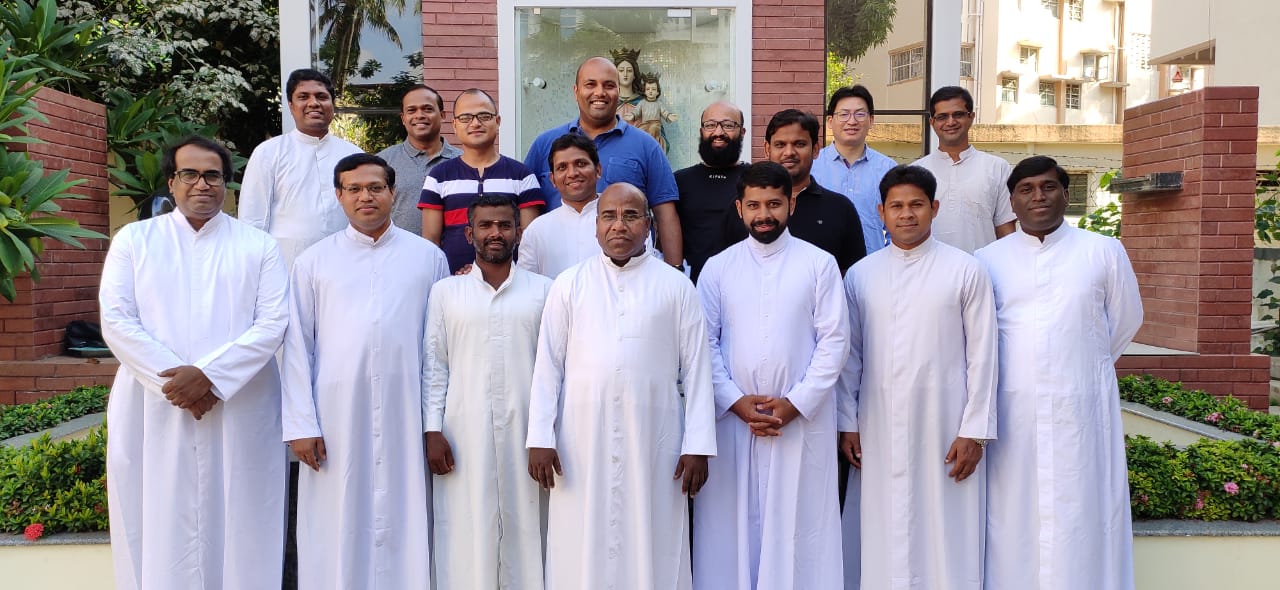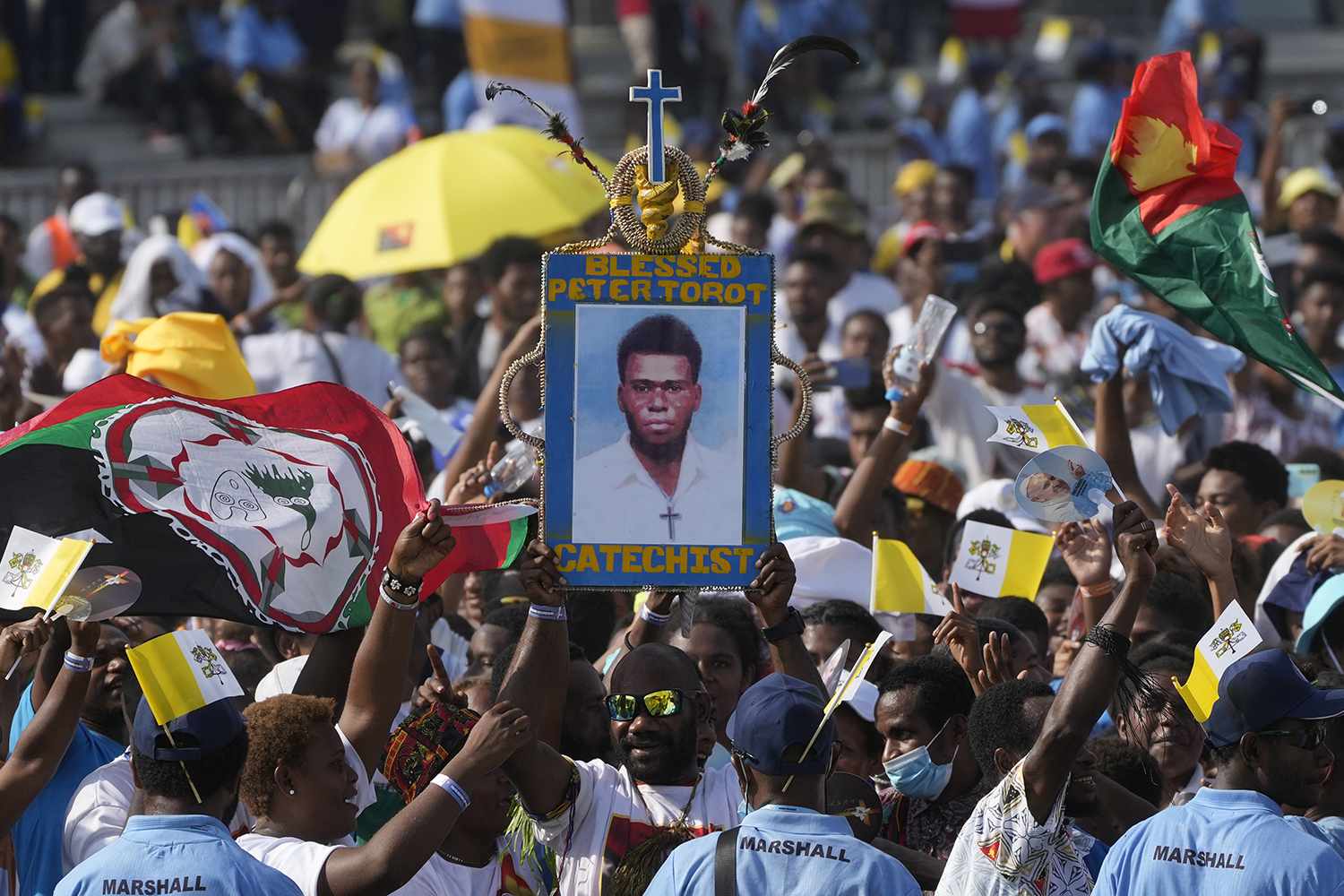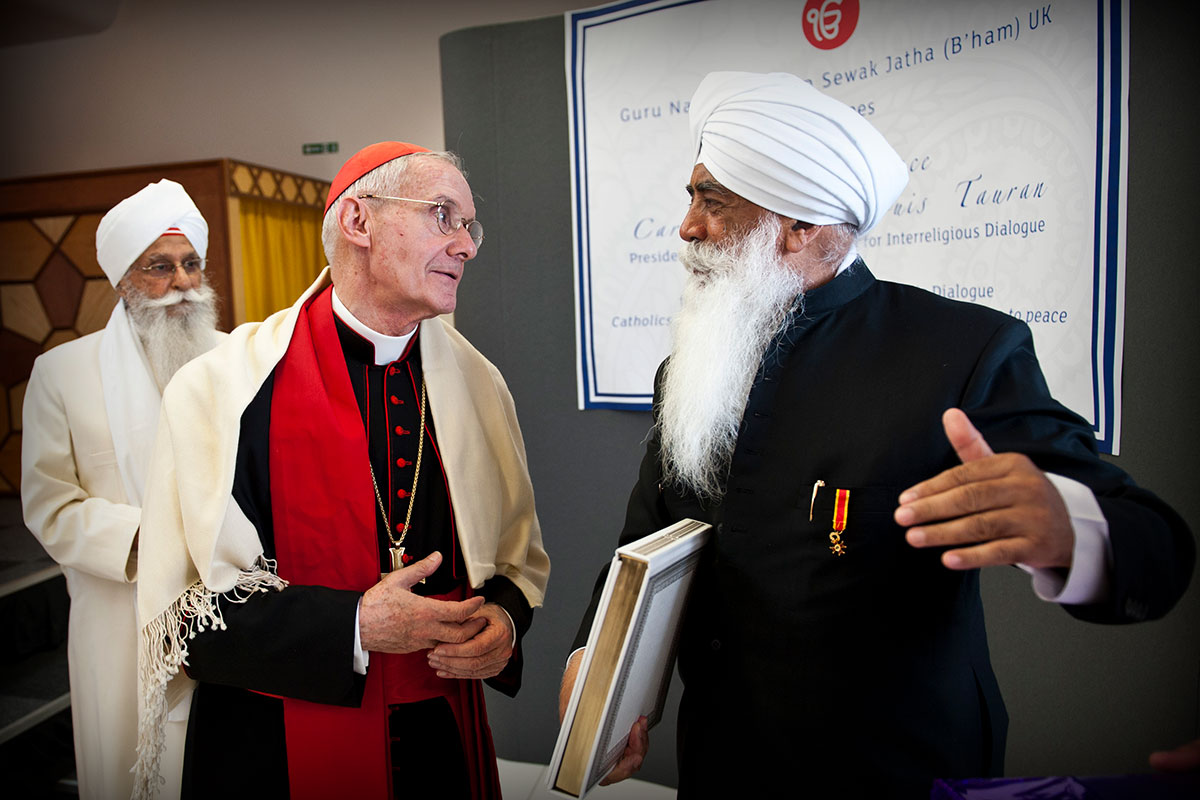Salesians and catechism as a strategy
Joaquim Magalhães de Castro
Using a simple prayer, the Ave Maria, Saint John Bosco, founder of the Salesians, managed to instill in young people a basic taste for the Catholic Faith. Less than a century later, the Salesian missionaries who arrived in India carried in their hearts the same apostolic passion as Don Bosco. These extraordinary men who set out to preach the Gospel in the most diverse corners of the subcontinent, especially in northeastern India, which was home to a wide variety of ethnic-cultural and linguistic groups, needed the help of committed lay people who could accompany them in their pioneering spirit and, subsequently, support the missions established there by the priests.
Inspired by the example of the Apostles, the Salesians traveled through the villages teaching, preaching and administering the sacraments. In some of these places they remained for weeks, or even months on end. And when these missionaries finally left the villages, the lay catechists were responsible for accompanying the new faithful on their newly discovered path of Faith. It can be said, therefore, that from the beginning of the Salesian mission in India, the catechists they constituted are the true backbone of evangelization.
In his memoirs, Monsignor Mathias, the first Salesian provincial in India, tells us how, in the early 1920s, he accompanied groups of young Salesians, “on those famous missionary journeys,” through the mountainous terrain of the Meghalaya region. They moved from village to village, carrying food, blankets and even musical instruments on their backs and heads. They did not forget to also carry the most diverse materials used in catechesis classes: images, photographs, posters and “a very primitive film projector for showing biblical films”.
The arrival of the missionaries threw the villages into an uproar. It was synonymous with music, singing, fun, games and, of course, “a lot of catechetical instruction”, followed by Confession and solemn Eucharistic celebration. After the arrival of the Salesians, local catechists would go from simple “prayer teachers” to the status of substitute parish priests, from one day to the next responsible for the spiritual and pastoral life of peasants and shepherds.
It is said that in 1932 a priest named Alessi created a body of “provincial-catechists”, specially trained in the city of Tezpur, who moved from village to village to supervise and guide the ministry of the other catechists. They delivered a monthly report to the priests, and they, in turn, presented them with “new plans and strategies” to ensure the continuity and success of the mission. To this end, they made Catholic books and pamphlets available to everyone. It is difficult to calculate the number of catechists hired by the Salesians in their missions in India, but there were certainly many.
From the 1970s onwards, we saw an increase in catechetical activities in India, as “presenting Christ to young people” was the very reason for the existence of the congregation founded by Saint John Bosco. The catechesis centers in Calcutta, in 1976, and the one in Bangalore, in 1977, would be just the first of many others that spread throughout the subcontinent, both in cities and rural areas.
The one in Bangalore, for example, awarded an annual diploma in this subject. To date, this center has trained more than 600 catechists, mostly women, “who today are dedicated to the mission of evangelization throughout India”.
In 2021, the province of Guwahati organized a year of “training and formation in faith” for 125 catechists from the northeastern states of India, including Assam, Meghalaya and Arunachal Pradesh. Thanks to regular short-term training programs, hundreds of lay men and women are regularly prepared for “effective involvement in evangelization”. This is what the coordinator of the educational activity of the Salesians of South Asia (which includes India, Sri Lanka, Bangladesh and Nepal) Father Sivy Koroth (SDB) highlighted in statements to UCA News: “It is our firm conviction that The catechetical mission in India will be stronger and more effective in the preparation of lay catechists and catechism teachers, as they play a vital role in nurturing and sustaining the faith of our young people. It is our duty to continue the tradition passed down by our first missionaries.”
Remember here that Pope Francis’ Apostolic Letter Antiquum Ministerium – “letter that establishes the ministry of the catechist” – was very well received in India, which is why the Episcopal Conference organized an online training program for catechists and held a meeting in the city of Hyderabad, capital of the state of Andhra Pradesh.


 Follow
Follow


